Cardamom Tea and Jealousy
+ Feb Free Write by Heidi Ciriello, What I Learned When I Had Nothing Left to Give (An Interview with Britt B), and what I’m eating & reading in February 👏🏼
Hey friend,
Photo by Mehrshad Rajabi on Unsplash
The ladies are running towards the footy goal posts with sandals off, fabric billowing, hijabs shoved off sweaty cheeks. And the children! A mob of children galumph in their wake across the park. My boys are the haphazard dregs of this motley procession. When the ladies reach the goals, they turn and run back. Some kids keep running towards the goals, others turn with the ladies, and some, like my son George, fall flat on their nappy-clad bottoms, throw their hands in the air, and laugh while sprinkling a chorus of crumbs.
We are at the park on my street hoping to kill 45 minutes before my husband gets home from work. My boys have energy to burn after being cooped up in the heat for the middle part of the day. I’m sitting on the park bench in the shade, but my Afghani neighbour, Sarah, is putting me to shame. She waves to me while walking laps of the park’s perimeter with her friend, calling that she is working on her postpartum belly. A rag-tag group of Afghani kids are playing on the playground, whilst George digs contentedly in the sand. My oldest son, Henry, is running laps of the bike track with Sarah’s son who is in his class at school.
Later Sarah sits with two other Afghani ladies with cups of cardamom tea and sweets. It reminds me of the first time I met the ladies, about a year ago. I had dragged my boys to the park on a hot summer evening, when I walked past them sipping their tea out of tiny, patterned cups at the gazebo. I remarked offhand that I was impressed at their organisation in bringing tea to the park, something that I had never managed to do.
The ladies had insisted I sit down and join them for a cup of cardamom tea. I sat down in my tee-shirt and short shorts, while they were dressed in flowy pants, long-sleeved tops, and delicate head scarves, but they didn’t seem to mind. They showed me their sealed teapot with their broken English (as it turns out they each spoke three languages), insisted that I eat some of their traditional desserts, and told me the exact shop where I could buy myself a sealed teapot. At the time, Australia had abruptly exited Afghanistan and footage of people trying to hold onto helicopters was all through the news. I knew that Kabul had fallen to the Taliban and imagined that they probably still had friends and family in the country. I wanted to say something, but I felt ashamed of my ignorance. I stammered out a “I’m sorry to hear what is happening in Kabul,'' but I felt hopelessly inadequate. I only speak one language compared to their three. When they told me they were Hazara they might have been telling me they were purple for all that meant. I suspected these ladies had faced horrors in their homeland, and on their journey to Australia, that I would never understand. Yet here they were offering tea and sweets, quietly smoothing over my ignorance.
Photo by Ifrah Ahkter on Unsplash
Later, it turned out that Sarah’s son was in the same kindy class as Henry. I made a small choice to avoid the chaos in the tiny car park and walk the kilometre to school each day, which meant that I got to know other Afghani ladies, as they too, were walking to school. Sarah taught me an Arabic greeting, and when I tried my shaky Arabic on the serious-looking kindy Mum with the black hijab, who speaks no English at all, she responded with an emphatic “NICE!” and the biggest grin before we both cracked up laughing.
I got to know Diana, an Afghani Muslim, who, curiously, does not wear a hijab. Alongside her four children, and my two, we grappled with the wind and rain and 40-degree days. One day, while waiting for class to finish, Diana tells me about when the Taliban originally invaded. She describes bombs exploding in schools and universities in Kabul, gesturing to the primary school around us. I don’t even know what to say. I revert to basic advice from an old supervisor. When in doubt: ask a question. I say, “it sounds like you didn’t know at the start of each day whether you or your kids were going to come at night. What’s that like?”
She explains that all of a sudden, women were unable to walk on the streets without a male relative, without a full face covering, and were beaten in public for wearing nail polish. Girls older than nine were not able to go back to school, even though they had been getting an education just days before. Diana is a year older than me. She’s worried about her skin, just like all of us ageing millennials. I can’t imagine this happening in Perth. War sounds like another world. It’s like stories I’ve read in books.
Another day, walking next to Diana in 40-degree heat, me in short shorts, tee shirt, and slides, and her with a long flannel shirt, jeans, and Adidas sneakers, I asked her why she doesn’t wear a hijab. Her daughter, all of nine years old, interjected,
“Do you think she should wear it? I do! I’m going to wear it when I grow up!”
But Diana told me she likes that she has a choice in Australia whether she wants to wear it or not, that her husband doesn’t force her. But it’s important to her to dress modestly, which means covering her arms and legs. I’m learning that these flesh and blood women are so much more complicated than the headlines.
Another day, I ask Diana how to say, “how are you?” in Arabic because I can’t get it quite right. She tells me the way one of the kindy Mums taught me was the Iraqi dialect. After she teaches me the Afghani dialect, I ask her if she is friends with the ladies from the park. She explains that there is conflict between Tajiks and the Hazara. I had naively assumed that all the Afghani ladies would be friends, because they are all Afghani Muslims, but it turns out I was wrong. I am amazed to learn the barriers the park ladies are up against: Afghani, female, Muslim, Hazara.
And yet, walking back and forth to school, I have this unwelcome emotion swirling around my heart. As much as I am intrigued by my new friends, there is a small, nagging, shameful feeling in my heart. I don’t want to look at it, but it lingers and becomes insistent. One day, pushing the pram along the same stretch of pavement, leaves rustling, the name comes to me: jealousy.
When I was six months pregnant, we did as you do and bought a house. We moved to a new neighbourhood, a fifty-minute drive from all my friends. We started going to a church in our neighbourhood when Henry was six months old. All my friends were physically far away. I hadn't joined a mother's group because before it got too hard to commute with a six-month-old, I had been a part of an amazing women's Bible study, and I wasn't working or studying that year, so all the people I knew in my wide network were suddenly on different schedules.
And then I was home alone with a six-month-old from 8am - 6pm day after day after day. Sometimes I just sat on the floor and stared at him, wondering what I was supposed to be doing, if I was doing it right, while the silence echoed all around us. All the other women I knew with more than one baby seemed so busy with no time for me. My husband's life continued on being busy: working, studying, cricket, while I grappled with loneliness. Just making one friend through baby swim classes and doing my best not to seem desperate felt insurmountable.
At the time, sin whispered in my ear that I was the only one to be this lonely. That I was doing this whole motherhood thing wrong and everyone else had a tribe except me. I’ve been a mother now for five years and what surprises me is how many of us feel this way when we take our babies home.
Photo by Mehrshad Rajabi on Unsplash
There is something beautiful in the way that the Hazara ladies do life together, in simple exercises, cups of tea at the park, and sharing childcare. Life doesn’t seem to be compartmentalised like us: here is my favourite way to exercise or driving to a coffee shop to see a friend. While I don’t have the same problems, I suspect that the park ladies didn’t experience the same loneliness when their babies were born. Maybe these are inextricable. Perhaps the tight-knit community is a result of hard things?
But the Middle Eastern hospitality is so encouraging. So, I’m focusing on a handful of streets. One school. One park. Smiling and saying hello to the people who walk to school. Learning Arabic phrases. Passing on a Christmas hamper from church. Making a meal for a kindy Mum about to have her third baby. Nothing flash. Just radically ordinary hospitality, like Rosaria Butterfield talks about. Maybe it's as simple as texting a friend to go for a walk instead of driving somewhere to exercise, catching up to do food shopping together, or offering a snack to a Mum at the park.
I’m Loving…
The Gospel Comes with a House Key changed my life. Hands down, 100% recommend. In the same vein, this has stayed with me.
I just cracked up laughing and thought “is this woman me?!” What balm for my soul in the form of a non-advice column.
Looking for a thriller? Look no further than Dervla McTiernan. I devoured all four of her books over the break and they’re un-put-down-able. Start with The Ruin or The Murder Rule. (PSA: You can listen to books for FREE through the Libby app. You just need a library card!)
When you have to bring a salad to a summer BBQ, tabouli looks like you went to a lot of effort. But it’s lazy. Soak the fine bulgur wheat for five minutes and chop everything else super fine. Pair it with lemon yoghurt chicken and Mediterranean grilled vegetables.
This app is saving my life. It stores recipes, you can assign recipes to different nights, and it arranges your shopping list into the sections of the store.
February Free Write
Heidi Ciriello
Usually... your hot, sticky little hand reaches out and searches around. Finding me, you breathe out deeply and snuggle in closer.
I’ve responded to every cry since the moment you were born, held you through long, exhausting nights. Becoming your Mama broke me open. It shattered me into a million tiny pieces, and then, built me into something different, something new.
I’m learning to accept this life of dual emotions, to simultaneously hold two, deep, true feelings. It often feels like; “This is the most beautiful, amazing thing ever!” And also… “I’m not sure I can bear another moment”.
Lately you’ve been looking bigger, wanting to do things yourself. The long, long, long sleepless nights of waking every hour are getting fewer. Tonight, you lay down in bed, found your bear and fell asleep without me. A sense of relief flooded me, at the same time, tears filled my eyes as I realised you didn’t need me.
I’m here to remember this moment. To treasure you always and to love you deeply right now for the little boy you were, the one you are right now and the one you are becoming.
ICYMI: What I Learned When I Had Nothing Left to Give
In this episode, we talked about the loss of both of her parents, her mother to cancer when she was 21, and her father to a sudden heart attack, not long after having twins. Britt shared about becoming a Christian at 16 years old, the joys of community and learning to accept help, fighting for contentment, riding the wave of grief, grappling with doubt, and coming to trust that God is with us in our pain. Despite the heavy topics, this episode is surprisingly fun!
What are you currently reading, watching or listening to? Tell me in the comments!

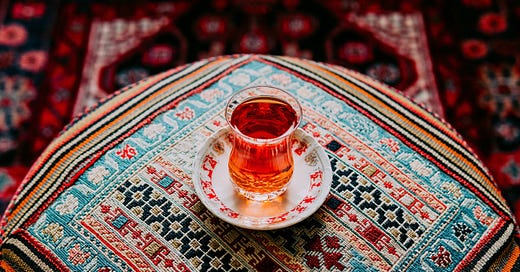



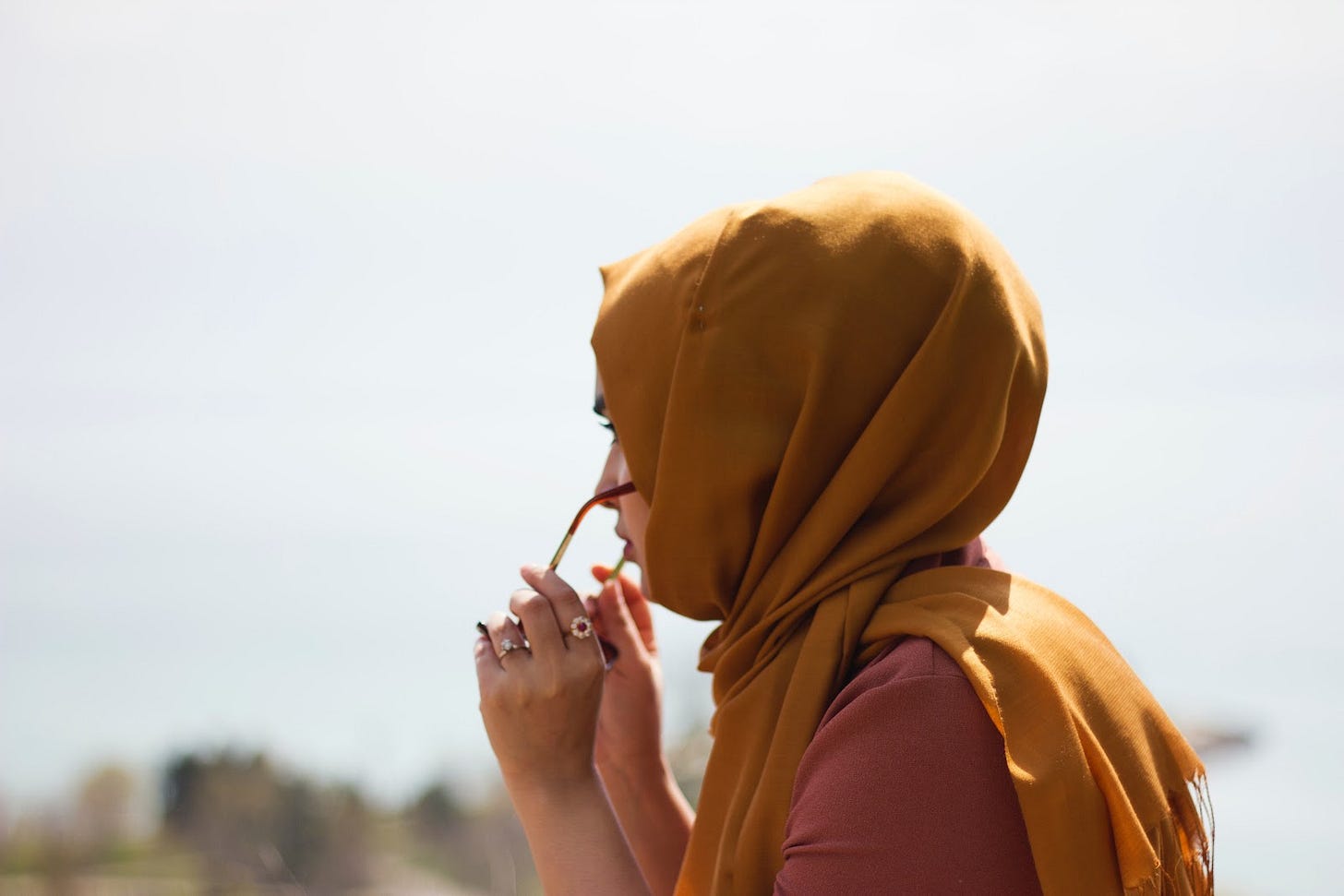
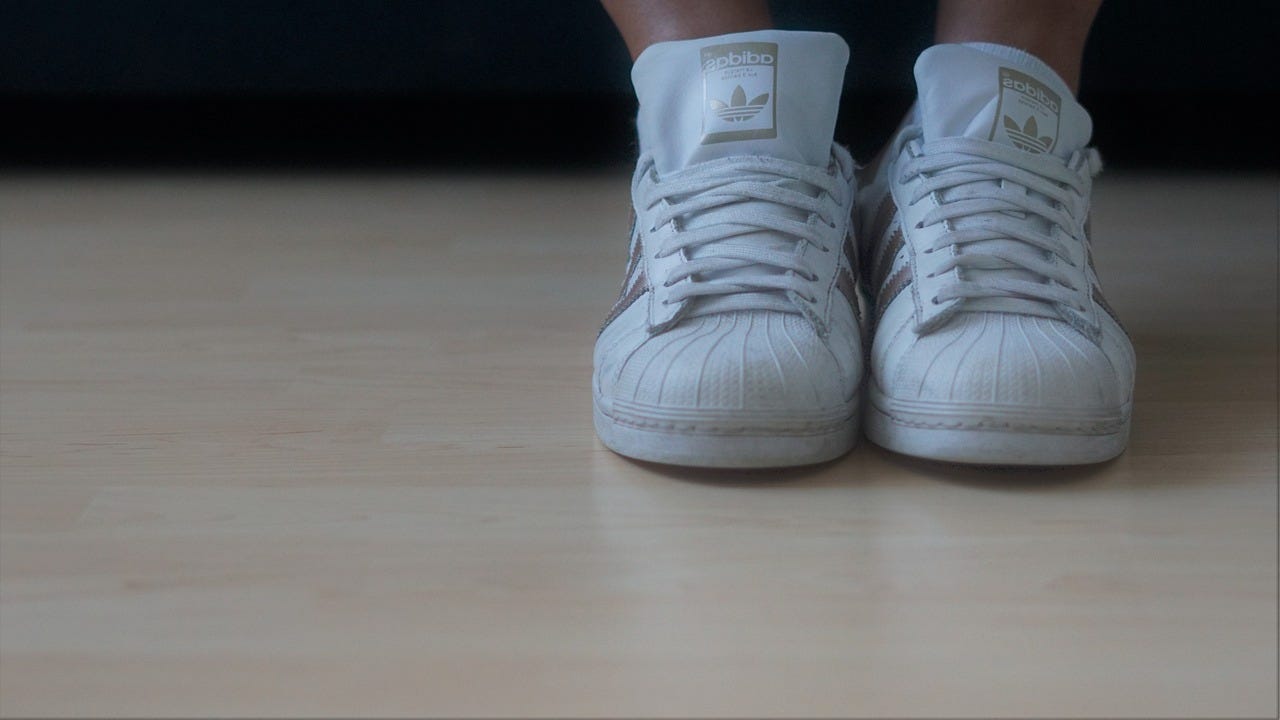
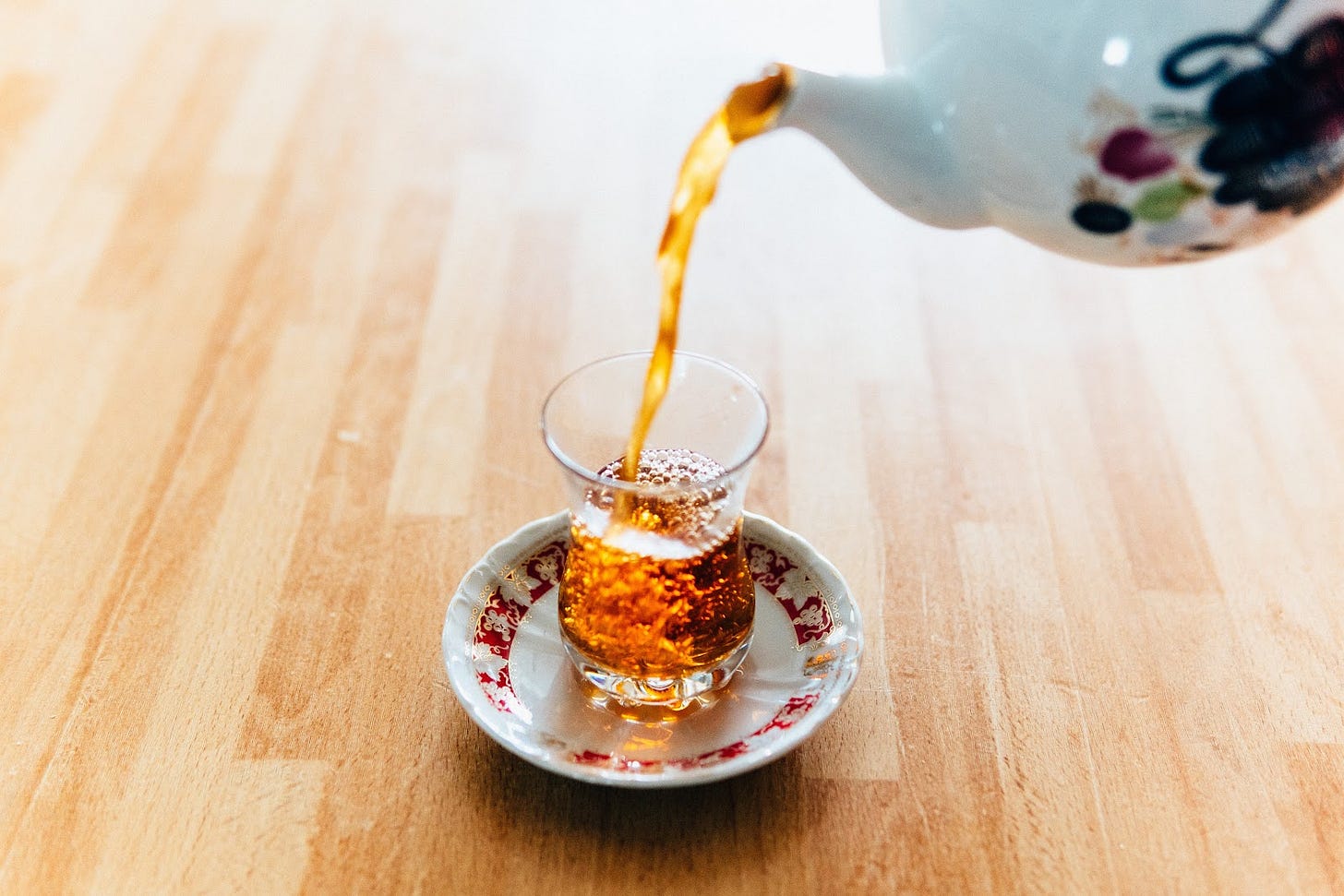
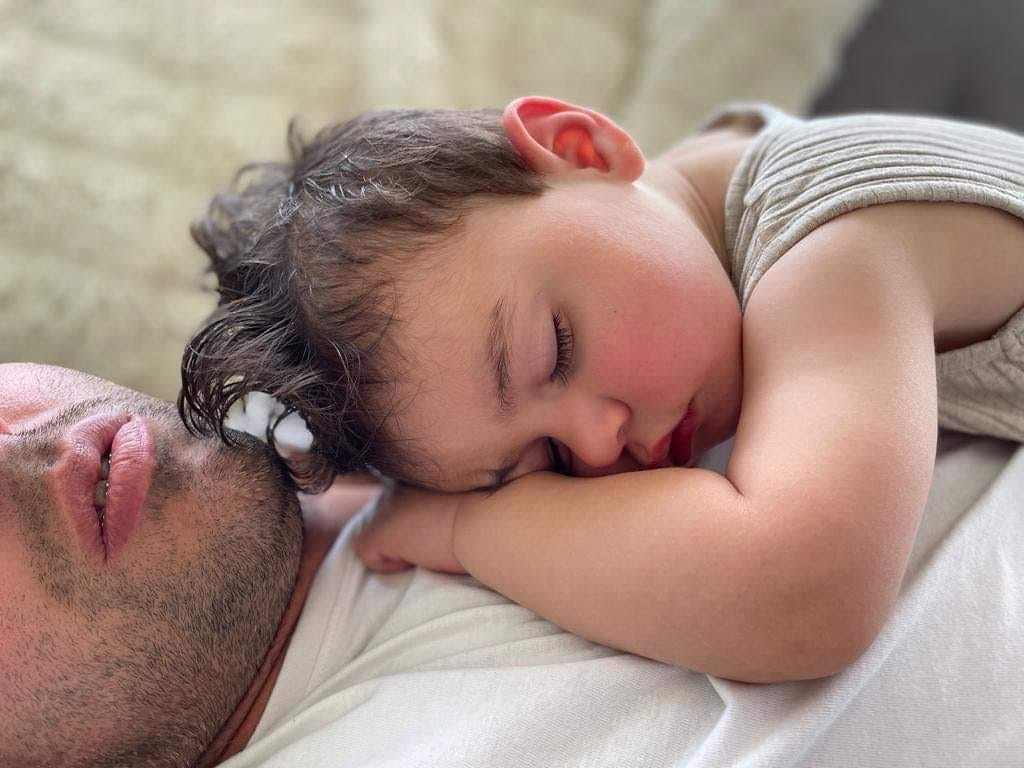


Loved this Bec! I have definitely wondered about many things “am I the only one?” Thanks for sharing your heart here!
I really enjoyed this, Bec. Thank you for sharing!